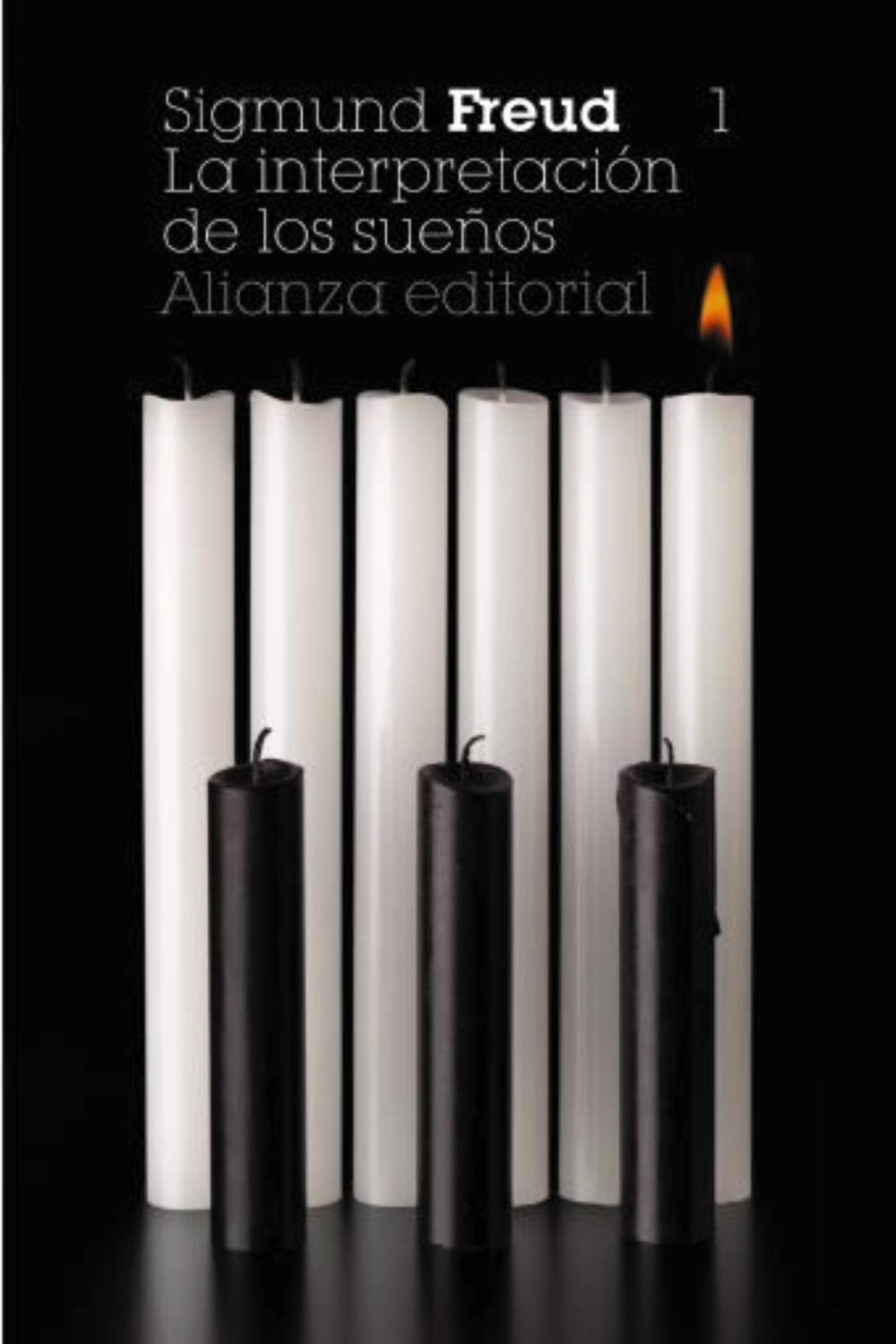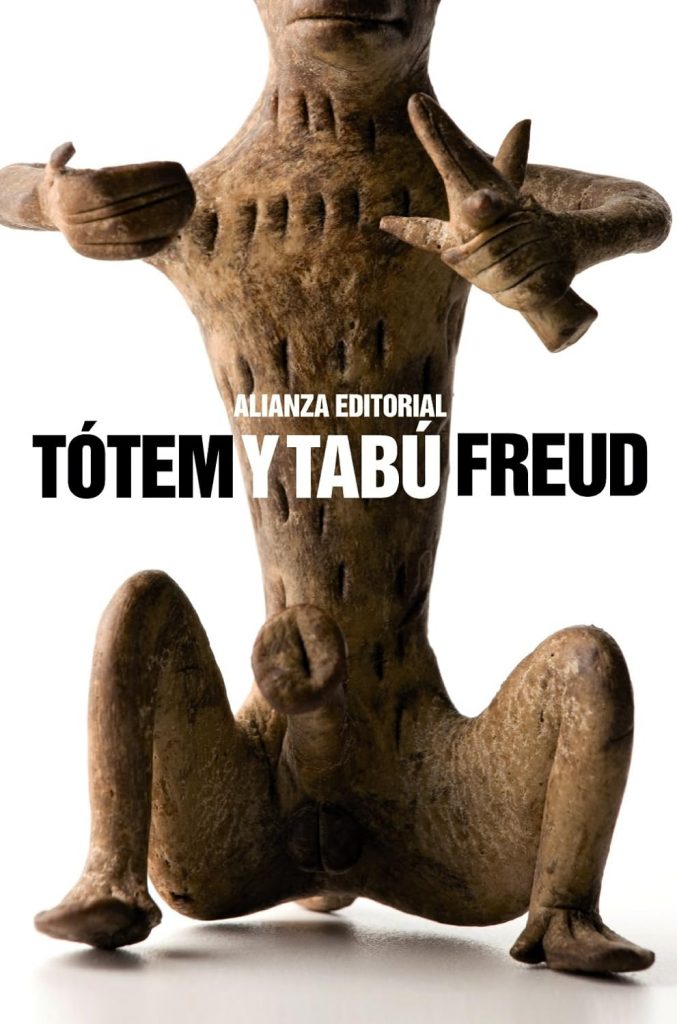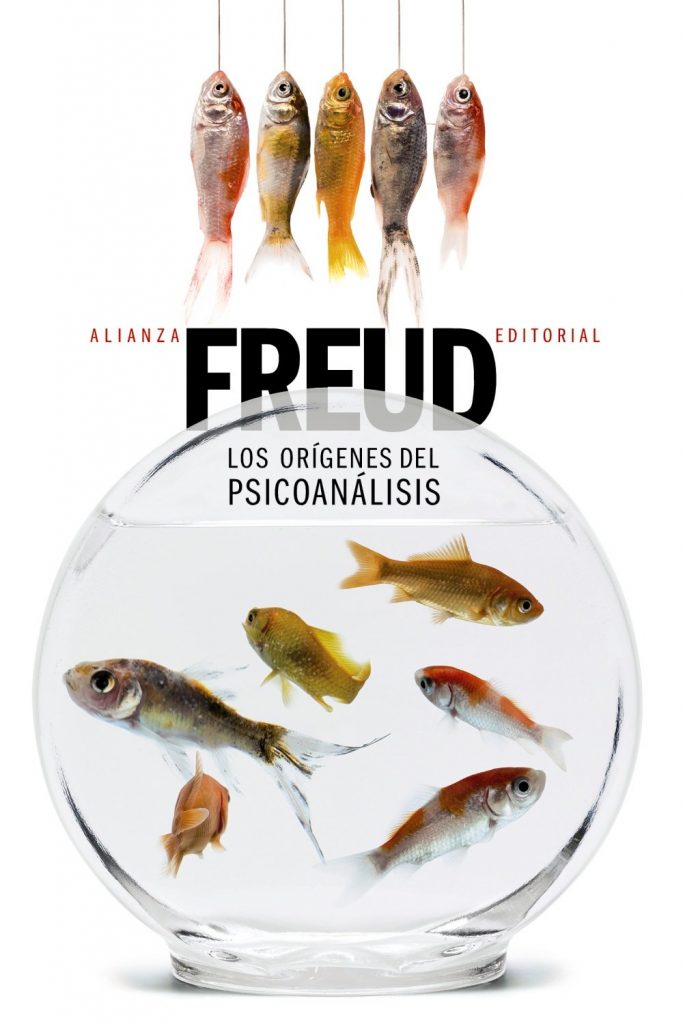Some of the greatest thinkers in our history offer a literary glimpse of their work. Apart from the informative character that a philosopher like Nietzsche, a sociologist like Marx or a scientist like Freud, reading his work ends up becoming literature of thought, in a dazzling adventure of our evolution as a civilization in whatever field it may be.
The premise for this literary interpretation to happen and transcend the merely informative starts from the fact that the character in question contributes that point of transgression, of rupture, of avant-garde. The ideas of Nietzsche, the approaches of Marx or the qualitative leap of Freud In psychology, they ended up laying the foundations that were much discussed by the well-to-do thinking minds of every moment. And that is, without a doubt, History made literature with authentic heroes of our civilization facing the reactionary villains of progress.
That is why I bring from time to time to this blog authors from here and there who apparently do not belong to the academically literary, but who in the end are necessary to read on occasion to obtain the complementary vision necessary to understand what we were and even where can we go ...
In the case of Freud, today we all talk about psychoanalysis, about sexuality as a drive connected with reason and capable of leading to very different philias or phobias if the connection is not made in the appropriate way. Disowned in his days for talking about childhood sexuality or for putting the sexual before a number of human motivations, he was innovative in therapeutics by naturalizing the flow of thought towards the subconscious of each person to try to find a placebo for the psychological condition from the very root that communicates with our buried secrets.
Although Freud's prodigious imagination sometimes led him to theories that were not always completely founded, as is openly considered today, his figure was very necessary to, precisely, open the imagination to new possibilities that accompanied the experimental.
To read Freud is to discover the father of therapeutic medicine towards psychology or psychiatric medicine, since everything that he was finally able to instill in mental physicians was based on a treatment much more typical of the human, without squeaky spurs typical of other times in those in which madness was treated with trepanations, lobotomies or electroconvulsive therapies not so far from our days ...
Top 3 Recommended Books by Sigmund Freud
The interpretation of dreams
The bad thing about an effect as intense as the one that became the Freud phenomenon, is that from it we think that each of our dreams can be limited according to its symbols.
And certainly the dream is subject to cultural references, personal circumstances and many more variables. However, the fact that we all jump into the vague interpretation of dreams starts from a guy like Freud who considered that this impossible language of dreams should hide much more information.
And it is also that, from the interpretation of dreams, we arrive at the theorization of psychoanalysis and its method. Access to this subconscious of dreams, led by an analyst, can end up purifying problems born of hidden desires, marked as inappropriate by guilt or fear.
You just have to know how to unpin the skein of each one, a task for which in this book a profuse work of the great thinker of the psyche is observed.
Totem and taboo
It is one thing what Darwin exposed about how we got here through scientific anthropology. (An author that I will undoubtedly develop in another post) and a very different one is the foundation, the background of the human being in collectivity, mired in that integration of consciousness, of the subjective on the growing institutionalization of morality and its connotations of fault in the deviation of the established criterion.
This mismatch is also part of a scientific anthropology linked to evolutionary psychoanalysis. Hence the ideas of religious totems or of any other aspect are born, totems to worship in common conscience and the taboos that can derive from them and that are internalized towards the necessary integration, with their psychological spurs that are well appreciated in any individual.
The origins of psychoanalysis
One thing is the final work in which Freud deployed his imaginative resources in conjunction with the experimental and the theoretical, and another thing is how Freud got there.
This book is an interesting compendium of the process, reflected in letters moved by the intense concerns of the genius and scholar who feels close to answers to great questions of an ever-evolving psychological science.
The recipient of the letters that treasure this book is none other than Wilhelm Fliess, theorist of bisexuality as an innate aspect of the human being.
What Freud's work finally manifests is compensated by this book in which the author expresses his doubts about the possible materialization of a psychoanalytic school given the social circumstances. However, the evidence of his tenacity in the matter ends up supporting everything that would come later ...




3 comments on “The 3 best books by the singular Sigmund Freud”